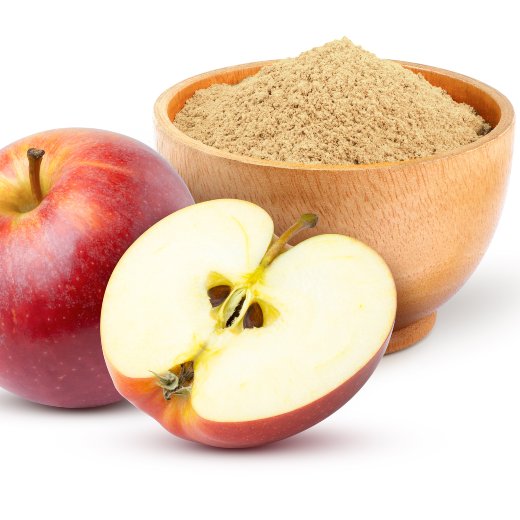We all know how tough life can be for those who want to stay committed to their vegan diet. Aside from the numerous food restrictions, going through the list of ingredients—and getting to know those that are not exactly household names—can be both exhausting and time-consuming. It takes heart and dedication to befriend the earth. That’s why, as a conscious private label manufacturing company, we want to make things easier on your part.
As you might have noticed, pectin is one of the most common ingredients found in jams, jellies, gummies, and some of your favorite desserts. But what precisely is pectin? Can vegetarians eat pectin? Does pectin contain animal products? Here, allow us to concisely explain everything you need to know about pectin—and if you should consider adding this ingredient to your health and wellness products.
What is Pectin?
Pectin is a natural thickener and gelling agent used to stabilize polymers in food and specialty products. It is by far the most complex polysaccharide in plant cell walls that has unique functions in plant growth, defense, and development.1 Simply put, its properties make it work similar to gelatin that is often used in making jams and jellies.
One of the most widely used functional polysaccharides, pectin is often sourced from apple pomace – the main by-product of the apple juice industry.2 Aside from apples, this soluble fiber that slows down digestion and brings numerous health benefits to the body can also be found in non-woody plants like plums, apricots, and citrus pulp.
Can Vegetarians Eat Pectin?
As pectin is mostly made from carbs extracted from the cell walls of fruits, like apples, it has become a more widely accepted alternative to gelatin, which is known to be a by-product of boiling the skin, tendons, ligaments, and bones of cows and pigs.
Because pectin is not derived from meat or any animal by-product, there have not been any ethical or nutritional conflicts for vegetarians who would want to include pectin (or pectin-infused products) in their diet. Hence, the most pertinent conclusion is that: pectin is vegan-friendly.
How to Make Vegan Gummies with Pectin?
Interested in adding vegan gummies to your products? That’s great. To ensure the consistency and viscosity of your gummies, you may include pectin in your ingredients. Note that in making your vegan gummies, you have to be very particular with the procedures as these may bring negative results—not only to what your vegan gummies would look like but also to how your consumers would respond to the taste and effects of your gummies after consuming them.
To avoid these risks, it would be better if you partner with conscious brands with cGMP-certified and FDA-registered facilities, like The Omnium Group. As a full-service, contract manufacturing, private label company, we are capable of producing gluten-free, non-GMO, all-natural, vegan gummies. By delivering high-quality gummies at low minimums, we are able to produce 1.2 million vegan gummies a day. We welcome well-established companies as well as those that are in their start-up phase.
Are you ready to provide the best vegan alternative to your consumers? Contact us now and let’s discuss how we can better formulate your vegan gummies.
Want to add CBD? We’d be happy to discuss further how we can develop your CBD vegan gummies.
References:
1 Mohnen D. Pectin structure and biosynthesis. Curr Opin Plant Biol. 2008 Jun;11(3):266-77. doi: 10.1016/j.pbi.2008.03.006. Epub 2008 May 15. PMID: 18486536.
2 Luo J, Xu Y, Fan Y. Upgrading Pectin Production from Apple Pomace by Acetic Acid Extraction. Appl Biochem Biotechnol. 2019 Apr;187(4):1300-1311. doi: 10.1007/s12010-018-2893-1. Epub 2018 Sep 15. PMID: 30218302.
